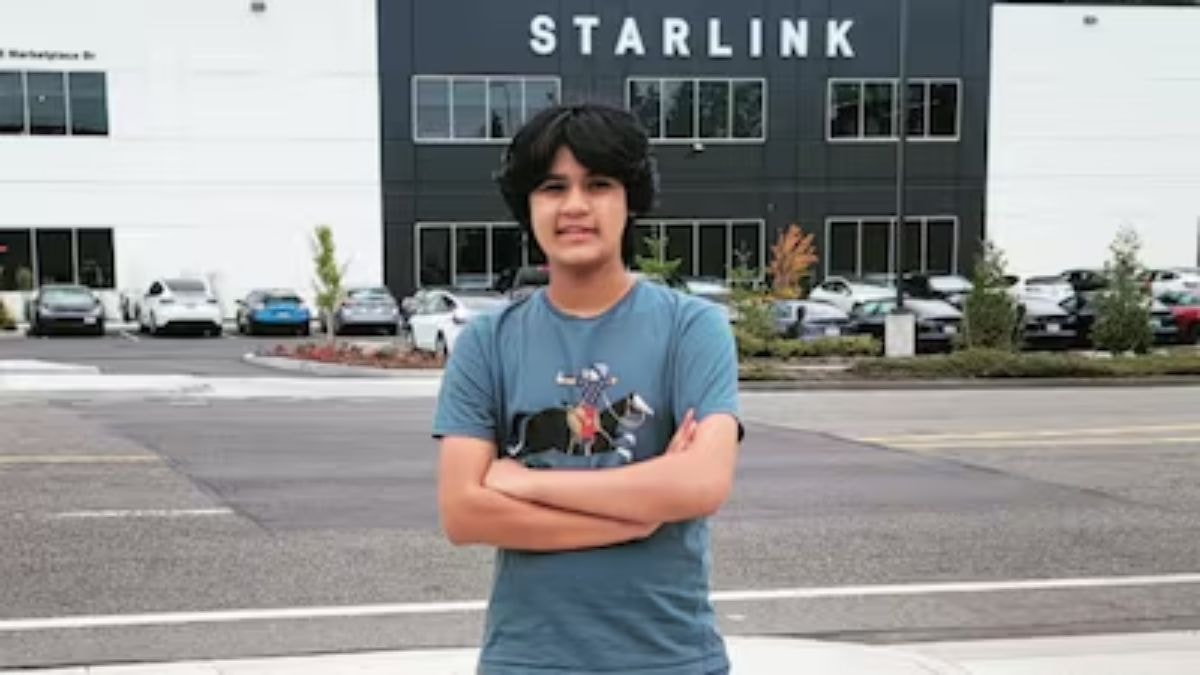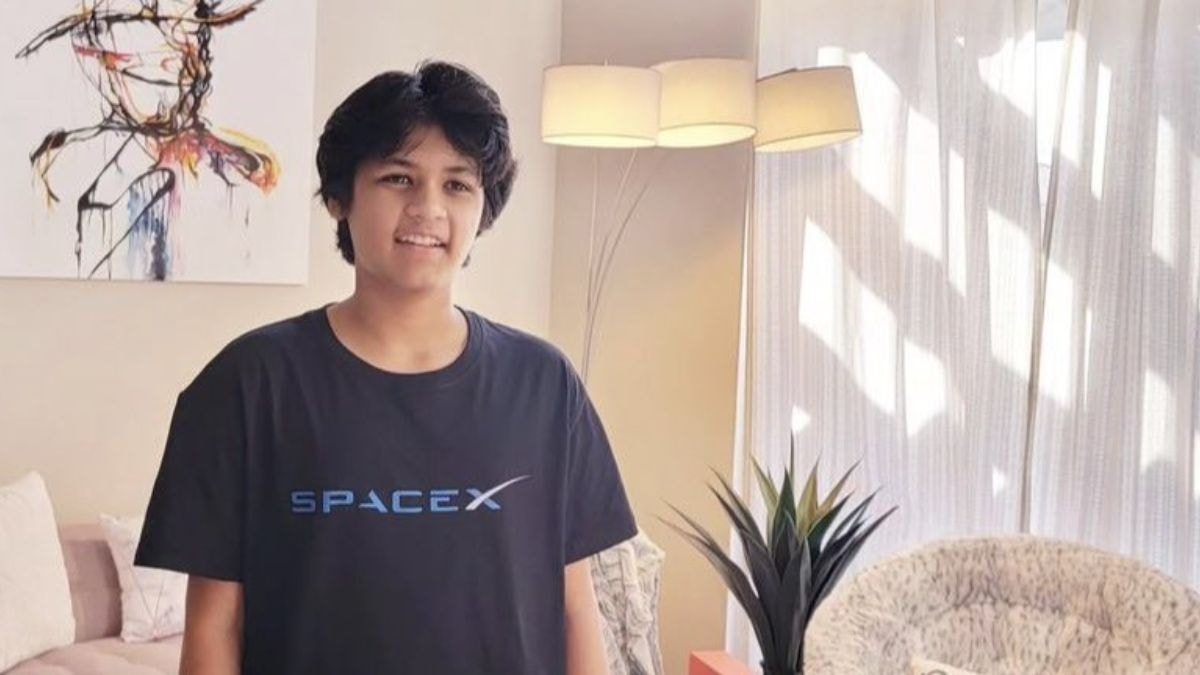At just 16 years old, Kairan Quazi, a prodigy of Bangladeshi descent, is making headlines again. Having joined Elon Musk’s SpaceX at the age of 14 as its youngest employee, Quazi is now preparing to leave the aerospace giant to take on a new challenge as a global trading infrastructure engineer at Citadel Securities. His remarkable journey, marked by intellectual brilliance and relentless ambition, is a testament to what’s possible when talent meets opportunity.
Who Is Kairan Quazi?
Kairan Quazi’s story is one of extraordinary achievements that defy his age. Doctors first noticed his exceptional intellectual and emotional capabilities when he was just two years old. By the time most children are starting elementary school, Quazi was already displaying a level of brilliance that set him apart.

At a young age, he became a member of Mensa International, an organization for individuals with high IQs, and joined the Davidson Academy’s Young Scholars program, which nurtured his path to becoming a recognized prodigy. His academic journey is nothing short of astonishing. At 10, Quazi interned at Intel Labs, gaining hands-on experience in cutting-edge technology. By 2020, at the age of 12, he earned a Bachelor of Science in Mathematics from Las Positas College. Two years later, in 2022, he graduated from Santa Clara University with a degree in computer science and engineering, becoming the youngest graduate in the institution’s history.
During his time at Santa Clara, Quazi wasn’t just focused on academics. From 2021 to 2023, he served as an elected senator in the Associated Students organization, showcasing his leadership skills. His professional experience also includes a stint at Blackbird AI, a startup focused on network intelligence, where he worked on machine learning projects in 2022.
Quazi’s expertise lies in low-latency computing, high-performance systems, and real-time programming—skills that have made him a sought-after talent in the tech world. In 2023, at just 14, he joined SpaceX’s Starlink division, where he worked on critical systems to ensure satellite accuracy, contributing to the company’s mission of revolutionizing global internet connectivity.
Why Is Quazi Leaving SpaceX?
Quazi’s decision to leave SpaceX for Citadel Securities marks a bold new chapter in his career. In an interview with Business Insider, he explained that he’s ready to embrace new challenges and develop skills in a different high-performance environment. “Citadel Securities offers a culture of ambition, but it’s a completely new domain, which excites me,” Quazi said.

Citadel Securities, linked to billionaire Ken Griffin’s Citadel hedge fund, is a powerhouse in high-frequency trading. The firm processes approximately 35% of U.S. retail stock trades and handles vast volumes of stocks, options, currencies, and other financial products daily. In 2024, it reportedly generated nearly $10 billion in revenue, with a record-breaking $3.4 billion in the first quarter of 2025 alone. The company relies on advanced technology and algorithms to execute trades for institutional and retail clients while running proprietary trading strategies.
For Quazi, the move to Citadel Securities is not just a professional leap but also a personal one. His mother’s career in mergers and acquisitions gave him early exposure to the world of finance, and during his university years, he noticed a strong interest among computer science and mathematics students in quantitative finance roles. At Citadel Securities, Quazi will work on global trading infrastructure, blending his technical expertise with quantitative problem-solving and collaborating closely with traders and engineers.
“This feels like a natural transition from the high-performance culture at SpaceX,” Quazi said, emphasizing the alignment between his past and future roles.
A Win for Citadel Securities
In an era where quantitative trading firms compete fiercely with AI labs like OpenAI, Anthropic, and xAI for top talent, securing Quazi is a significant coup for Citadel Securities. His ability to tackle complex technical challenges at such a young age makes him a unique asset. At his new role in Manhattan, just a short walk from his workplace, Quazi will contribute to building and optimizing the infrastructure that powers the firm’s global trading operations.
Quazi’s journey is a reminder that age is no barrier to impact. From interning at Intel at 10 to shaping satellite systems at SpaceX at 14, and now stepping into the fast-paced world of quantitative finance at 16, he continues to redefine what’s possible. His story inspires not only aspiring engineers but anyone with a passion for pushing boundaries.
As Quazi embarks on this new adventure, the tech and finance worlds will undoubtedly be watching closely. His trajectory suggests that this prodigy is just getting started.


